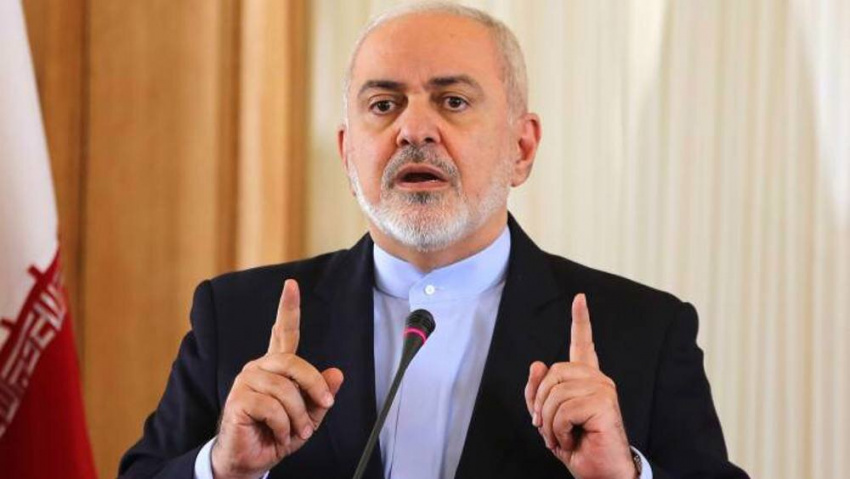Zarif blasts inordinate spin to ‘reverse victim and culprits’ in moves to revive JCPOA

The victim refers to Iran which has been subjected to illegal and unjustified sanctions and culprits are those Western countries which failed to honor their commitments under the nuclear agreement, officially known as the Joint Comprehensive Plan of Action (JCPOA).
After the U.S. quit the nuclear deal Iran remained fully committed to the terms of the agreement for a full complete year and this was corroborated in regular reports released by the United Nations’ International Atomic Energy Agency.
From May 9, 2018 – the date the Trump administration abrogated the JCPOA – until May 9, 2019 – the date that Iran announced that its strategic patience is over and started to gradually remove ban on its nuclear activities – European parties to the nuclear deal failed to protect Iran from U.S. sanctions.
Every two months that Iran took a step to reduce its nuclear commitments it unequivocally reminded the Europeans if they honor their nuclear obligations it will immediately reverse its decisions. However, the Europeans only paid lip service to the JCPOA.
Iran started to reduce its commitments in accordance to paragraph 36 of the JCPOA which has provided “a mechanism to resolve disputes and allows one side, under certain circumstances, to stop complying with the deal if the other side is out of compliance.”
Zarif attached a fact sheet released the same day by the Iranian Foreign Ministry that enumerates various violations of the JCPOA by Western parties.
“There has been an inordinate amount of spin about what needs to be done to resurrect the JCPOA, trying to reverse the victim and the culprits,” Zarif tweeted.
Zarif said the Foreign Ministry’s fact sheet obviously shows which parties first failed to honor their commitments.
“This fact sheet indisputably corrects the historical amnesia & sets the record straight,” Zarif explained.
According to Press TV, the new fact sheet, among other things, shows how a report released by the IAEA on the day that implementation of the JCPOA started “should have triggered effective sanctions lifting on the part of the U.S.” and three European parties to the agreement – the UK, France, and Germany – but “it did not.”
It also explains how the U.S. Department of the Treasury’s Office of Foreign Assets Control (OFAC) granted Airbus and Boeing companies partial permission to sell planes to Iran, but after a seven-month delay, and only in response to a written warning by Iran, the country received only 3 out of 117 Airbus passenger aircraft it ordered—and none of the Boeing aircraft.
It also points out that it was former U.S. President Donald Trump who encouraged foreign leaders not to do business with Iran, which was a clear violation of both the JCPOA and UN Security Council Resolution 2231 that endorsed it.
Source: Tehran Times

